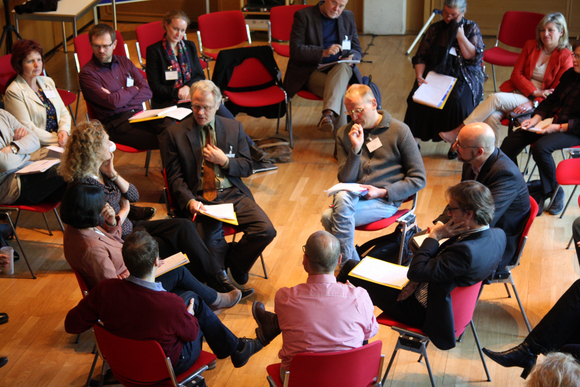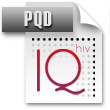Participatory Quality Development (PQD)
QI with a focus on target group involvement
PQD is an integrated set of tools designed to help improve work practices. It relies heavily on the local knowledge of stakeholders and helps them use it, reflect on it and extend it. PQD includes a selection of participatory and evidence-based methods and processes that are tailored, feasible and useful for HIV prevention projects.
The methods and processes originate in different fields of health and social science theory and practice and the toolkit has been used in general health promotion as well as in HIV prevention.
PQD focuses on strong and meaningful participation of target groups as well as other stakeholders in the four critical phases of any prevention intervention:
- Needs Assessment,
- Project Planning,
- Implementation and
- Evaluation/Analysis
After an introduction to its core principles (e.g. local knowledge, participation and collaboration), PQD offers detailed and practical how-to guides on individual methods and processes including Program Logic, Focus Groups, SMART Objectives and Open Space. The kit also contains case studies from health promotion practice to illustrate the methods, as well as references for further reading. The overall design of the PQD toolkit allows you to select the tools that best meet your needs.
Use of PQD in the HIV sector in Germany has shown that those already familiar with the principle of participation can easily incorporate the processes into their projects. However, if participation at the level recommended by PQD is new to you or your organisation, your project personnel – and possibly the organisation as a whole – may benefit from specific training in this approach before you can take full advantage of the toolkit.
The time required varies from method to method. It ranges from a few hours (e.g. for a Rapid Assessment) to an ongoing, regular commitment (e.g. for a Target Group Advisory Committee). Organisational PQD training usually takes two to three working days.


